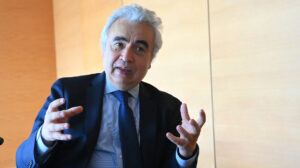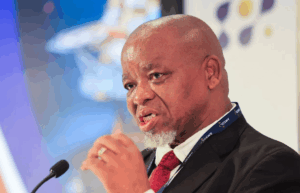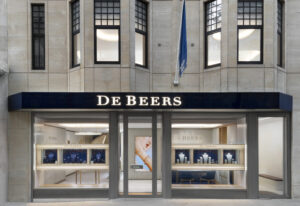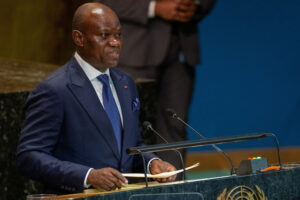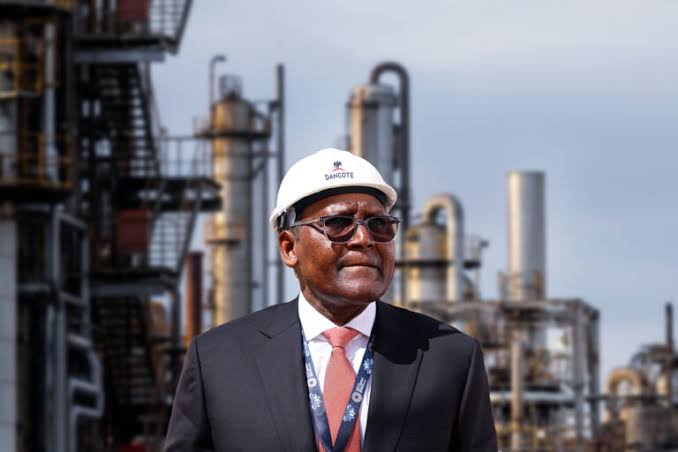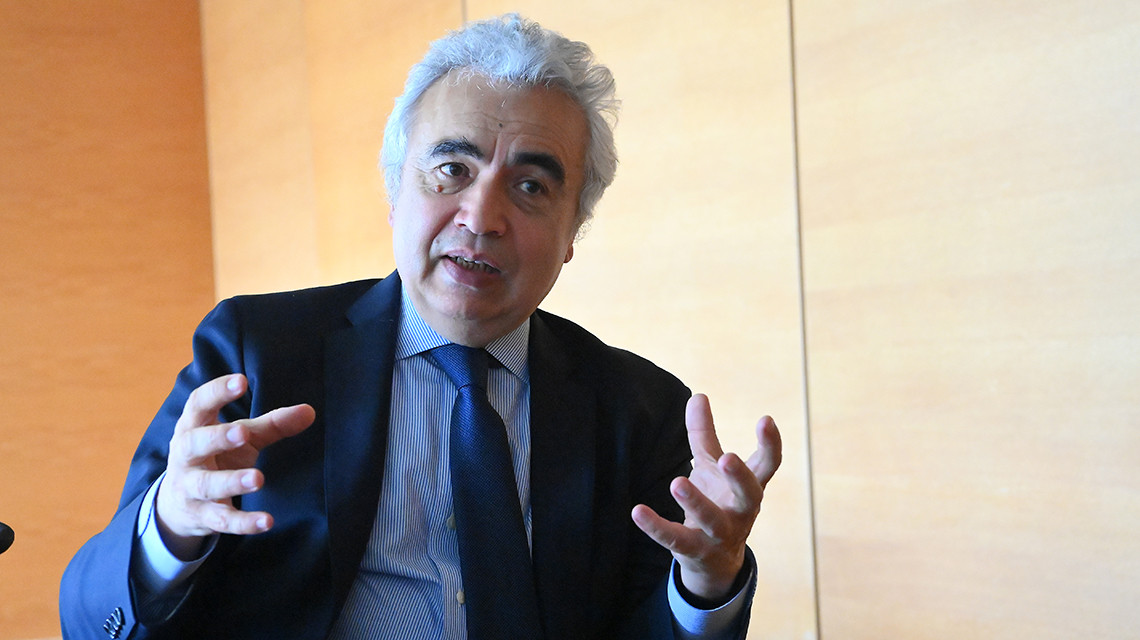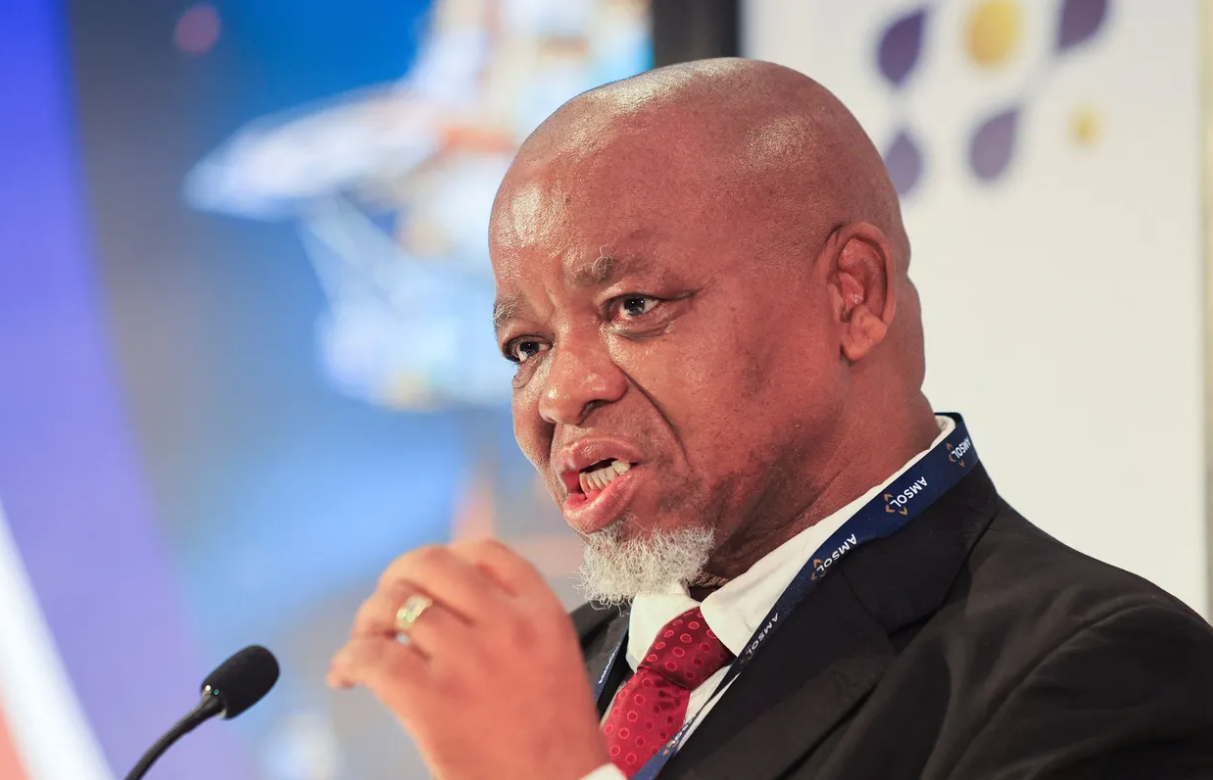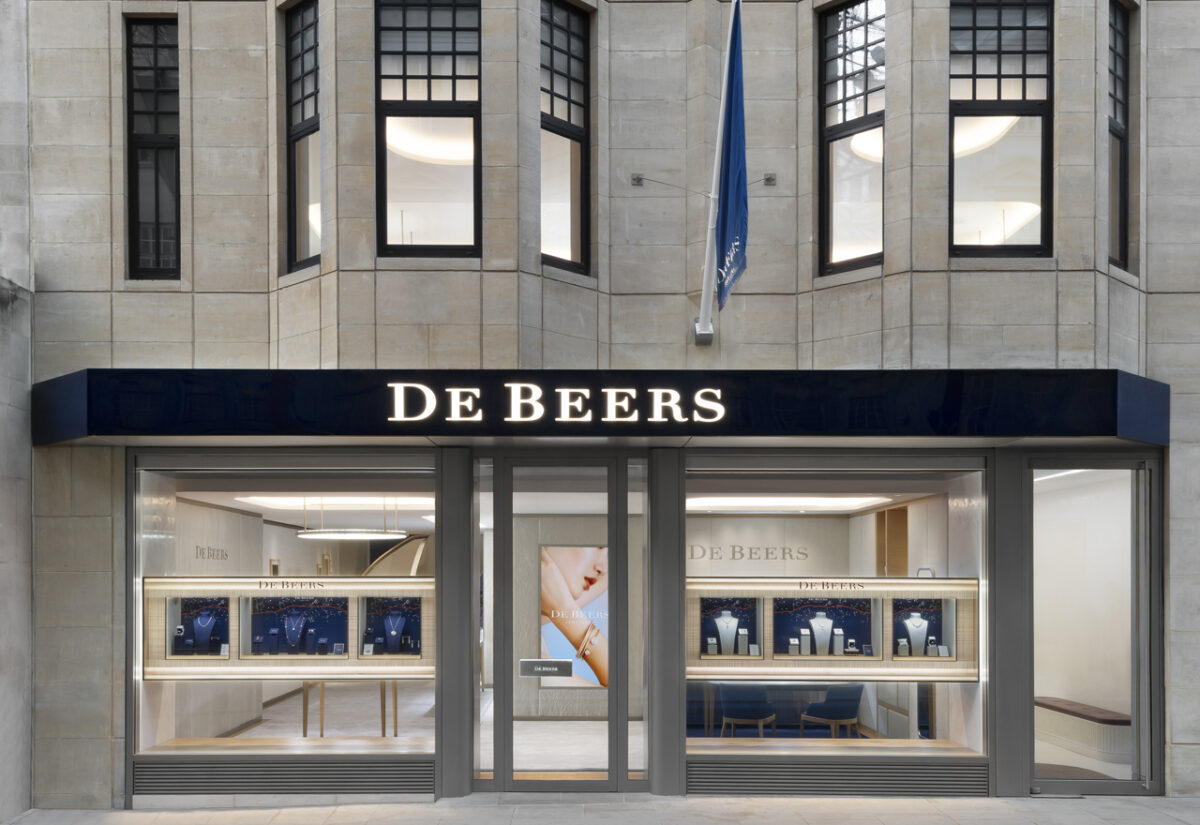There is no question that the establishment of the Dangote Refinery, a $19 billion project, represents a significant stride towards Africa’s self-sufficiency in refined petroleum products and its ability to export to other African nations. This transformative initiative has the potential to reduce the continent’s reliance on imports, create jobs, and drive industrialization, ultimately contributing to the economic empowerment of its people.
Despite the push for ESG (Environmental, Social, and Governance) practices, most multinationals have fallen short in their compliance efforts as they maintain the extractive pillage of Africa’s critical minerals to meet the growing global demand for electric vehicles (EVs) and behind-the-meter battery energy storage solutions.
In a significant development on one August morning, Fitch Ratings Agency (FRA) delivered a disappointing blow to Africa’s industrial crown jewels with its announcement that it has downgraded Dangote Industries Limited (DIL) National Long-Term Rating from ‘AA(nga)’ to ‘B+(nga)’. Additionally, the senior unsecured debt rating issued by Dangote Industries Funding Plc was also downgraded from ‘AA(nga)’ to ‘B+(nga)’. Furthermore, Fitch has placed both ratings on Rating Watch Negative (RWN).
According to the FRA,” The downgrade reflects a significant deterioration in the group’s liquidity position following lower than expected disposal proceeds, operational and financial underperformance compared to our prior expectations, also affected by local currency devaluation and a lack of contracted backup funding to repay its significant debt facilities maturing on 31 August 2024. We view the lack of DIL’s audited accounts for 2023 as a corporate governance issue”.
FRA went further to state that “the RWN reflects uncertainty related to the group’s ability to refinance maturing debt. Lack of tangible steps to refinance or repay the maturing debt would lead to further downgrades, while we do not expect a positive rating action until the company’s liquidity position improves substantially.”.
An affront to Africa’s beneficiation drive?
Aliko Dangote, recognised by Forbes as one of Africa’s richest men and a leading entrepreneur with multiple accolades from African presidents and governments for his contributions to economic development, has skin in the game. While China’s Development Bank ,Export-Import Bank of China and Industrial and Commercial Bank of China have a cumulative investment of almost $4-billion in the project, Dangote himself is reported to have personally invested almost $8-billion in the project, estimated to have cost in excess of $20billion. The other funders in the syndication are the World Bank, African Development Bank, Standard Chartered, Afreximbank and GuarantCo. Additionally , the project has received support from various other governments and institutions, in the form of guarantees and incentives.
The Fitch downgrade can be described in various ways; but it fundamentally represents an affront to Dangote and raises serious questions about Africa’s capacity to execute large-scale projects aimed at industrialisation. Specifically, mega-projects perceived to challenge, or that could torpedo the traditional architecture of trade relations between Africa and the global north.
Lessons for regional industrial cooperation
While African governments have historically been helpless and docile in the face of international rating agencies like Moody’s, Standard & Poor’s, and Fitch, China has taken a more assertive stance. Beijing has been vocal in its criticism of these agencies, arguing that they fail to account for China’s distinct economic characteristics, which could be Africa’s core assertion on any given day. China has repeatedly called for reforms to the credit rating agency (CRA) landscape, seeking to overhaul their methodologies, enhance transparency, and boost accountability. This approach reflects China’s desire to challenge the status quo and promote a more nuanced understanding of its economic strengths.
What is so glaringly obvious is the irony that Fitch Ratings Agency (FRA) swiftly raised concerns about weak corporate governance at Dangote, citing issues such as unaudited accounts and liquidity problems, when the rating agencies themselves have faced criticism for their opaque governance systems. The fact that FRA and other agencies have been accused of lacking transparency and accountability in their own methodologies and decision-making processes raises questions about their credibility in evaluating the governance practices of others. This disconnect highlights the need for greater scrutiny of the rating agencies’ role within the political economy, and their governance structures, rather than solely focusing on the perceived shortcomings of the companies they rate.
But yet the root of the structuring weakness lies in the absence of African governments’ participation in the Dangote project, perhaps stemming from their skepticism, lack of ambition, or just naivety regarding the refinery, and its significance to the decolonisation paradigm. Had African governments embraced regional cooperation, shared visions of energy security, and collective economic benefits, they would have collaboratively shared risks and participated through joint ventures, equity, off-take agreements, or public-private partnerships (PPPs). This lack of collective engagement has undermined the project’s resilience and exposed it to the whims of international rating agencies.
Africa’s inability to muster collective political will and cooperation has repeatedly hindered the continent’s progress, revealing deep structural weaknesses in governance and regulatory frameworks. Despite billions of dollars in significant investments and the potential leverage of the critical minerals real estate, the continent still struggles to manage and operate complex mega-projects and innovations in the downstream components, including refineries. Credit rating agencies now throw wanton jabs at us, and question our capacity to deliver. Unless we align our interests, investments, and visions, we risk squandering another opportunity, leaving our flagship projects vulnerable to creditor takeover, and perpetuating a cycle of dependence.
Opinion by Editor: Fulufhelo-Milingoni Lloyd Nedohe



